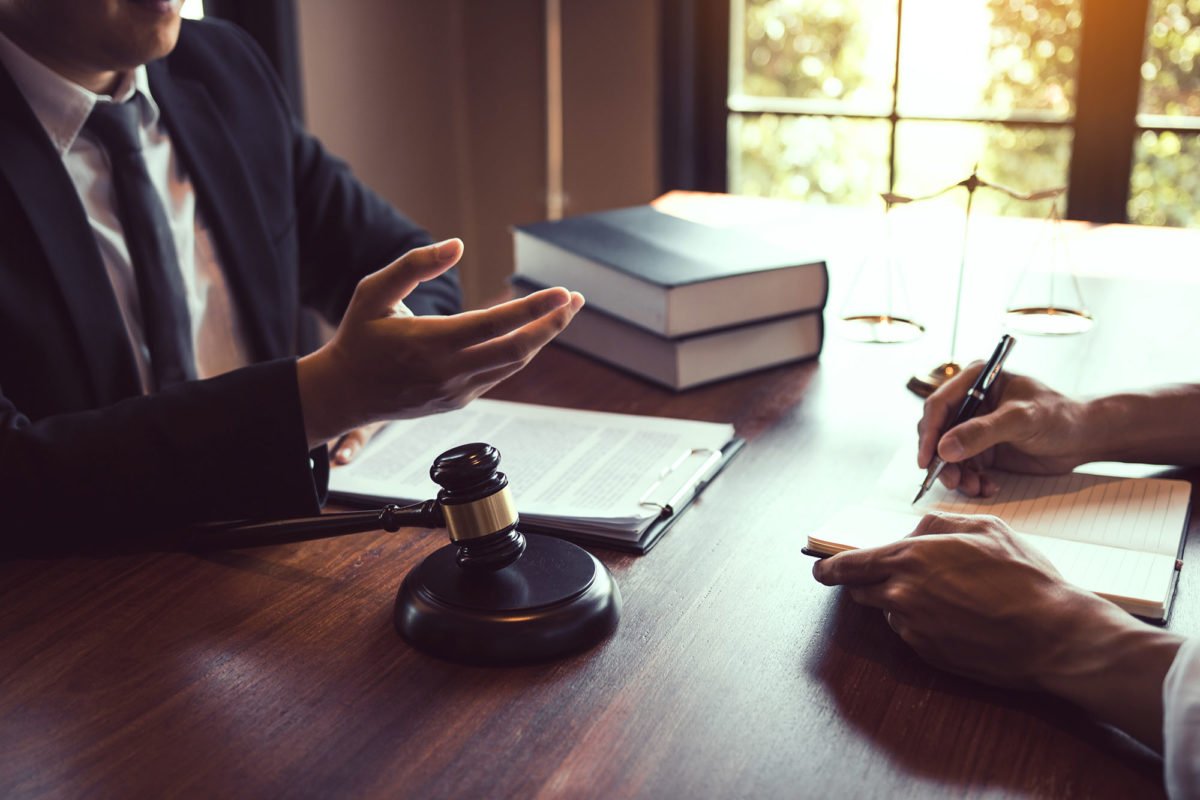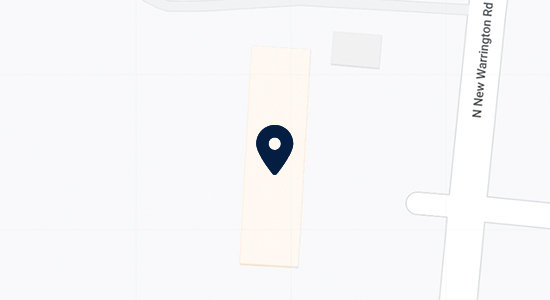- Free Consultation: (251) 483-1440 Tap Here to Call Us
What Are The Different Types Of Harassment Charges?

Harassment is a widespread issue that can happen to anyone at anytime. It can negatively affect people in different ways. Harassment is illegal and those accused can face criminal consequences. If you or a loved one has been accused of harassment, don’t hesitate to contact an experienced Baldwin County Criminal Defense Lawyer who can help you ensure your rights are protected.
What are some examples of harassment charges?
Harassment is defined as touching or subjecting a person to physical contact with the intent to harass, annoy, or alarm that person. Harassment also includes threats that a person intends to carry out that could cause a reasonable person to fear for his or her safety. This includes both verbal and physical threats. Harassment causes fear and emotional distress. Harassment charges are criminal charges. Criminal Harassment is when you target someone and behave in a manner to alarm, annoy, torment, or terrorize a person. You are creating reasonable fear in the victim for their safety or the safety of their family or property.
Sexual Harassment
Sexual harassment is when someone makes unwanted sexual advances or makes unwelcome sexual remarks or physical advances in a workplace or other professional or social situation. It is unwelcome behavior of a sexual nature. Sexual harassment can be verbal or physical. If someone makes a joke referring to sexual acts or sexual orientation, a harassment charge can be filed.
Cyberstalking and Cyberbullying
Harassment charges can include cyberstalking and cyberbullying. Cyberstalking refers to stalking someone through electronic communications. This means that anyone is harassed through the internet, email, text messages, or social media. It is a federal crime to communicate through the internet to make a threat to kidnap or physically harm someone. Many jurisdictions have updated and revised their harassment charges to include electronic communications as a form of cyber harassment. Cyberbullying refers to anyone using technology to bully, harass, or stalk someone. Cyberbullying can cause serious emotional distress. If a person sends threats, obscene images, or repeated unwanted communications via technology they can face a harassment charge.
Stalking and Menacing
Stalking refers to an intentional pattern of vindictive and repeated conduct that causes the victim to feel fear for their safety or their family’s safety. It involves monitoring or following a targeted person. A person might do this physically or electronically. This means that someone either followed you home or tracked you using a GPS tracking device. Menacing, on the other hand, can be a single act. Menacing is also known as brandishing, which is a criminal offense. Menacing occurs when a person knowingly places someone in fear by threatening or physically harming them.
Do I need an attorney if I am charged with harassment?
When faced with a harassment charge, it is imperative to consult a criminal defense attorney who can represent your interests. It is hard to prove harassment, one of our skilled Alabama attorney’s can help you investigate the facts of the case.
CONTACT OUR EXPERIENCED PENSACOLA FIRM
The Law Office of James M. Burns helps people through various legal issues, including those involving criminal law, family law, personal injury law, and will & probate law. Contact us today to schedule your initial consultation.












